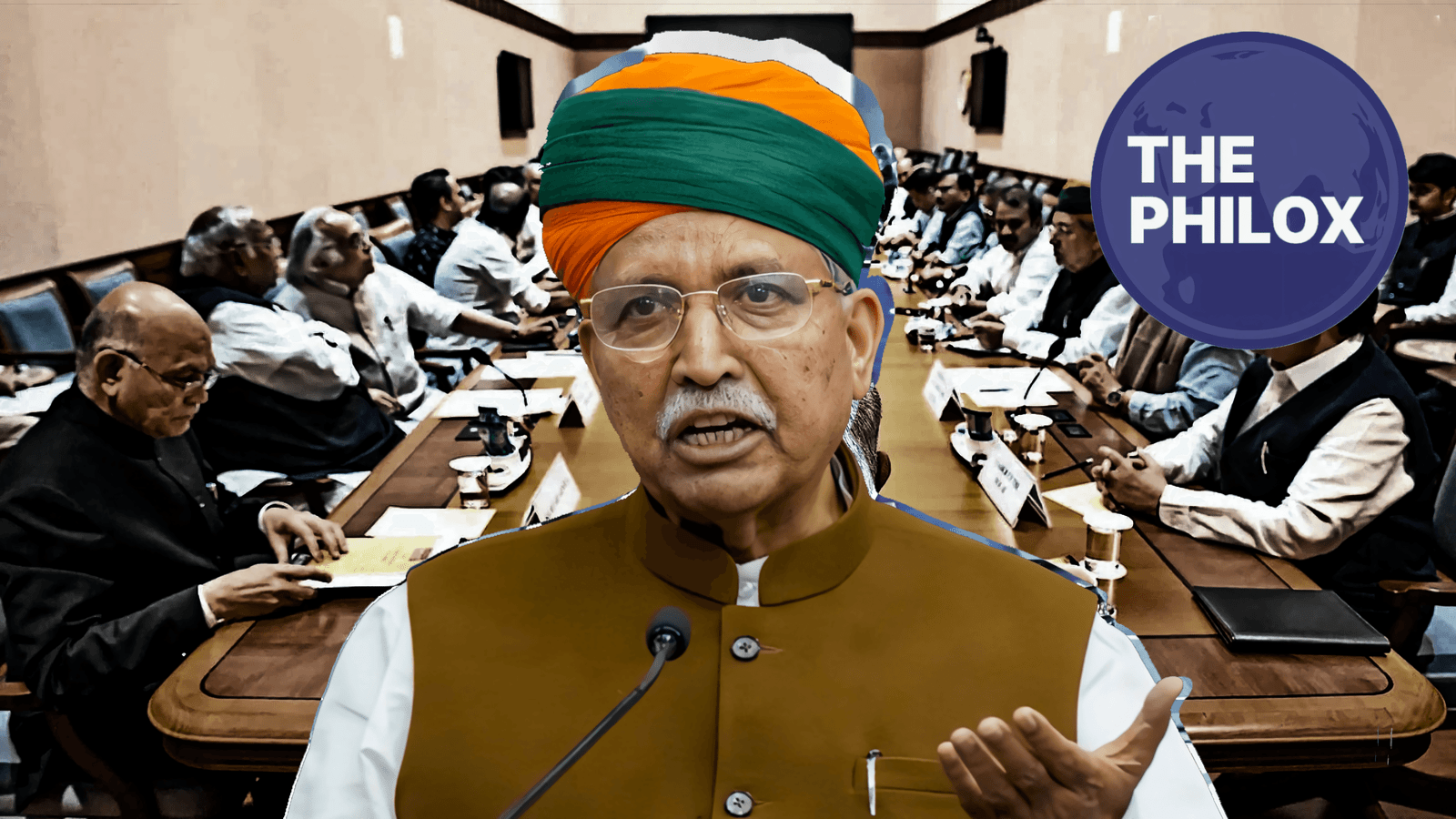The Citizenship Amendment Act (CAA), passed by the Indian Parliament in December 2019, has been at the center of legal, political, and social debates. The legislation amends the Citizenship Act of 1955, providing an expedited path to citizenship for religious minorities like Hindus, Sikhs, Buddhists, Jains, Parsis, and Christians from Pakistan, Bangladesh, and Afghanistan who entered India before December 31, 2014.
The exclusion of Muslims from this provision has raised serious constitutional concerns regarding secularism, equality, and the fundamental structure of the Indian Constitution. Notable scholars such as Faizan Mustafa, Upendra Baxi, and Gautam Bhatia have critically analyzed the act in light of constitutional morality and its alignment with India’s secular framework.
Historical Context and Legislative Intent
The stated objective of the CAA is to provide protection and legal relief to persecuted religious minorities from three neighboring countries with a declared state religion.
The government has explained the act as a humanitarian measure to assist victims of religious persecution. However, critics have raised the issue of selective inclusion of religious groups being against the ethos of the Indian Constitution, which is secular and violates the principle of non-discrimination.
Some scholars, like Upendra Baxi, argue that even though the act tries to correct historical wrongs, it does so in such a manner as to institutionalize religious discrimination. Secularism in the Indian Constitution Secularism is a foundational principle of the Indian Constitution, enshrined in its Preamble and further reinforced in Articles 14 (Right to Equality), 15 (Prohibition of Discrimination), and 25-28 (Freedom of Religion).
The Supreme Court of India, in the landmark caseR. Bommai v. Union of India (1994), reaffirmed that secularism is part of the basic structure of the Constitution. The critics of the CAA argue that the act’s exclusionary framework contradicts this judicially established doctrine. Faizan Mustafa in his analysis of the CAA emphasized that any law of citizenship in a secular state should be religion-neutral.
Mustafa argues that, by selectively identifying persecuted religious minorities while excluding Muslims, the act fails the test of secularism as visualized by the framers of the Constitution. Similarly, legal scholar Gautam Bhatia argues that the act creates a classification that is not based on any intelligible differentia directly related to the stated objective of the legislation but rather institutionalizes religious distinctions.
Constitutional Validity and the Right to Equality (Article 14)
One of the primary challenges to the CAA is its alleged violation of Article 14, which guarantees equality before the law and equal protection of the law. The Supreme Court has consistently held that classification under Article 14 must satisfy the test of intelligible differentia and rational nexus with the objective of the law.
The government has defended the CAA by arguing that it creates a reasonable classification based on persecution in specific religiously defined states. However, constitutional scholars such as Madhav Khosla and Bhatia argue that the exclusion of persecuted minorities such as Ahmadiyyas (Pakistan), Hazaras (Afghanistan), and Rohingyas (Myanmar) weakens this defense.
Furthermore, Khosla notes that if the objective is to protect persecuted individuals, religion should not be the determining factor—rather, persecution itself should form the legal basis of classification.
Impact on Secularism and the Basic Structure Doctrine
This basic structure doctrine of Kesavananda Bharati v. State of Kerala (1973) bars the Parliament from enacting any Constitution Amendment Act, which would amend the Constitution by changing its essential features, amongst which secularism is one. According to several well-known constitutional law scholars such as Baxi and Mustafa, the introduction of religious credentials for citizenship purposes in the CAA alters the secular nature of Indian law. It, thus, violates the basic structure doctrine.
The CAA also raises concerns regarding Article 15, which prohibits discrimination on grounds of religion, and Article 21, which guarantees the right to life and personal liberty. While the act does not directly impact Indian citizens, the exclusionary nature of its criteria suggests an implicit state preference for certain religious groups, which challenges the secular fabric of Indian democracy.
Judicial and Political Responses
The CAA has been challenged in the Supreme Court, with multiple petitions arguing that it violates constitutional principles. The court’s decision will be crucial in determining the future of secularism in India. Political opposition to the act has also been strong, with states such as Kerala and West Bengal refusing to implement it, citing constitutional violations.
Comparatively, global legal frameworks on citizenship, such as the United States’ Refugee Act of 1980 and the United Nations’ Refugee Convention (1951), emphasize persecution over religious identity. Indian legal scholars argue that a secular and constitutionally consistent approach would involve granting asylum based on persecution rather than religious affiliation.
The CAA remains one of the most contentious legal and constitutional debates in contemporary India.
While the government advocates for this act as humanitarian, the critics argue that the very secular ethos of the Indian Constitution is violated, and a religious criterion is induced for citizenship.
Researchers Upendra Baxi, Faizan Mustafa, and Gautam Bhatia bring to light the inconsistencies in the act by adding some unconstitutional dimensions on the horizon in view of Article 14 and the Basic Structure Doctrine.
The Supreme Court’s ruling on this issue will have far-reaching consequences, determining whether India remains committed to its secular and inclusive constitutional framework or moves towards a more majoritarian approach in its citizenship laws.
By
Himanshu Mishra – Practising Advocate at Rajasthan High Court




